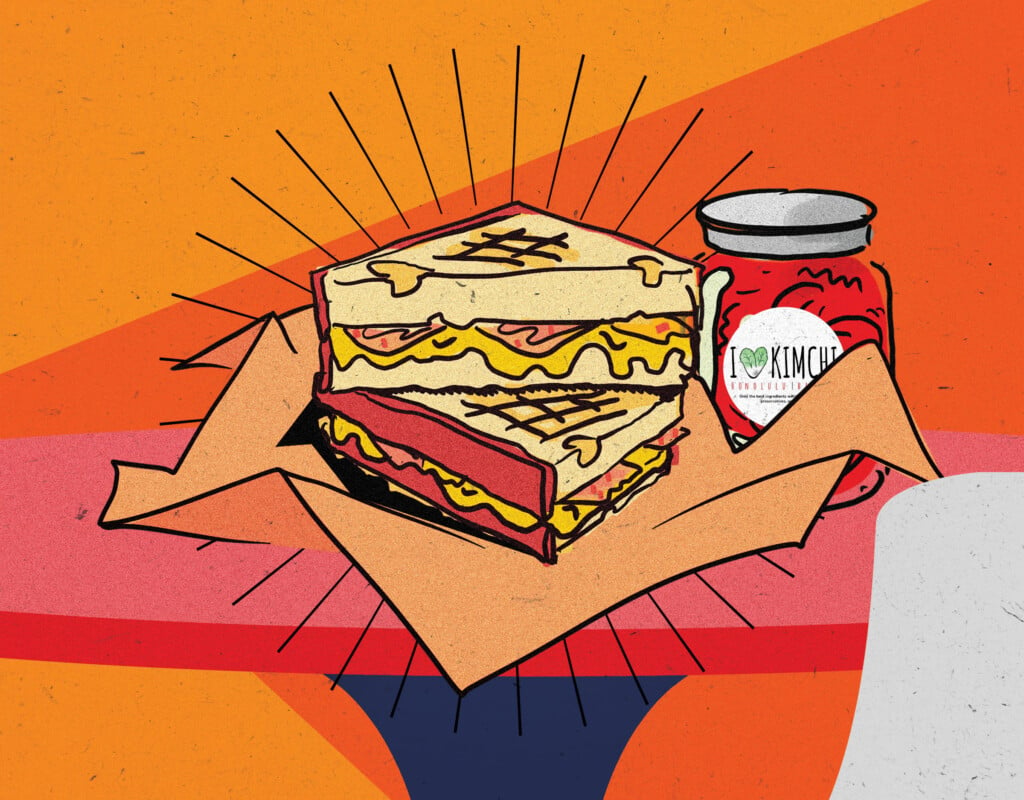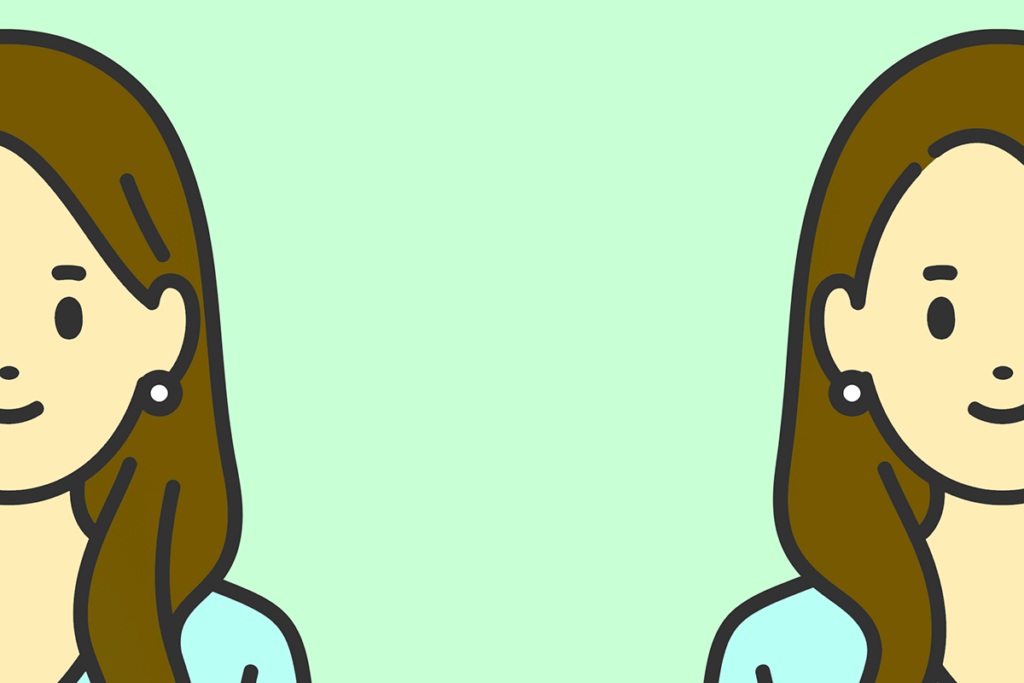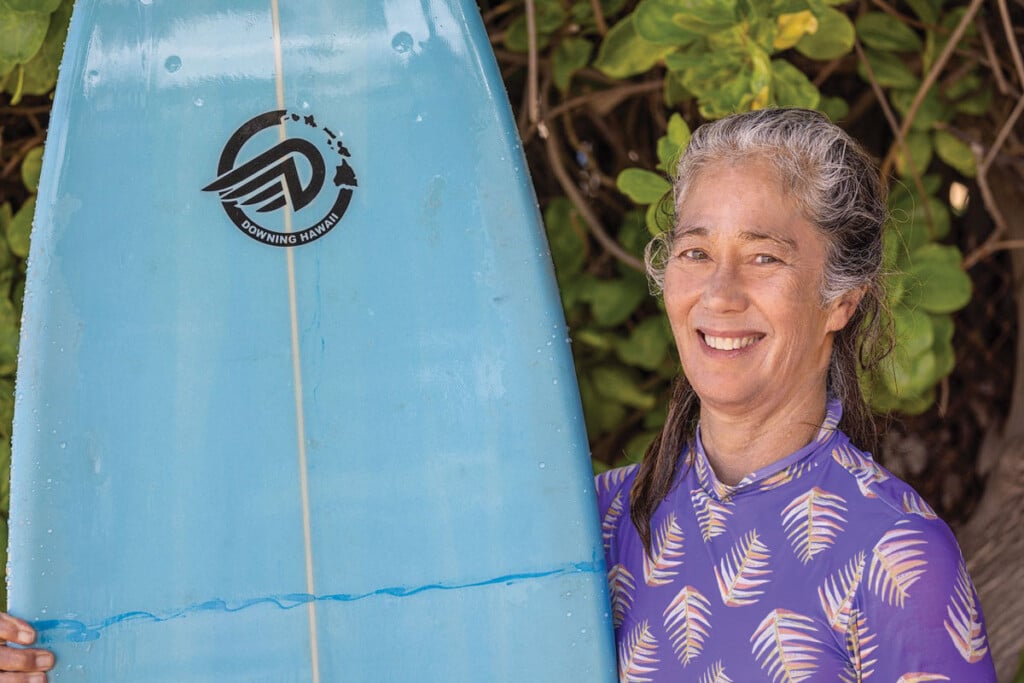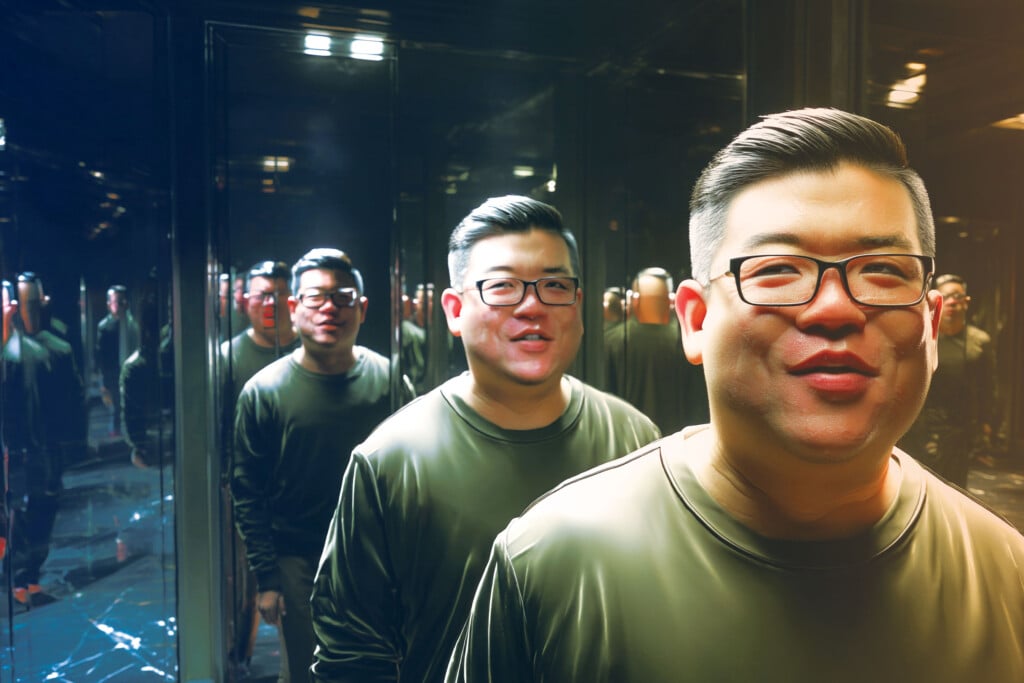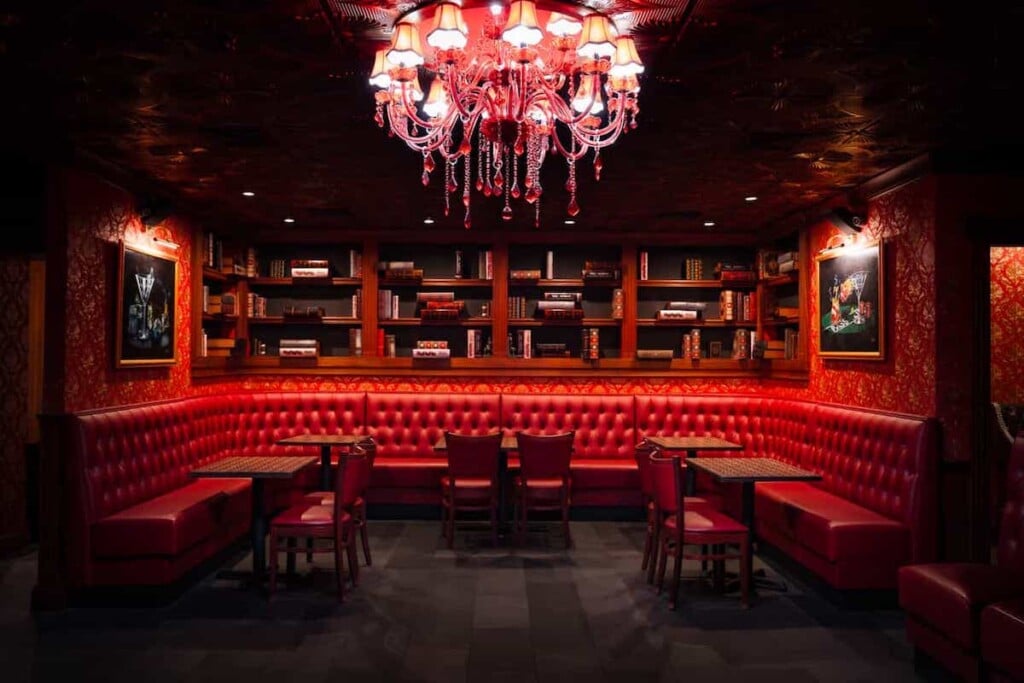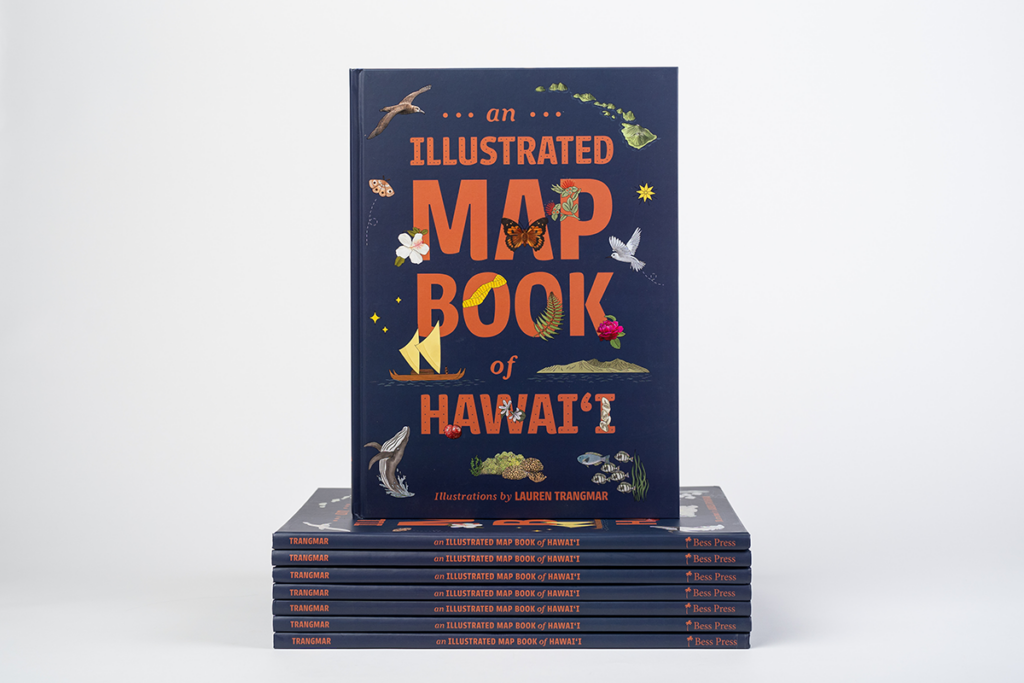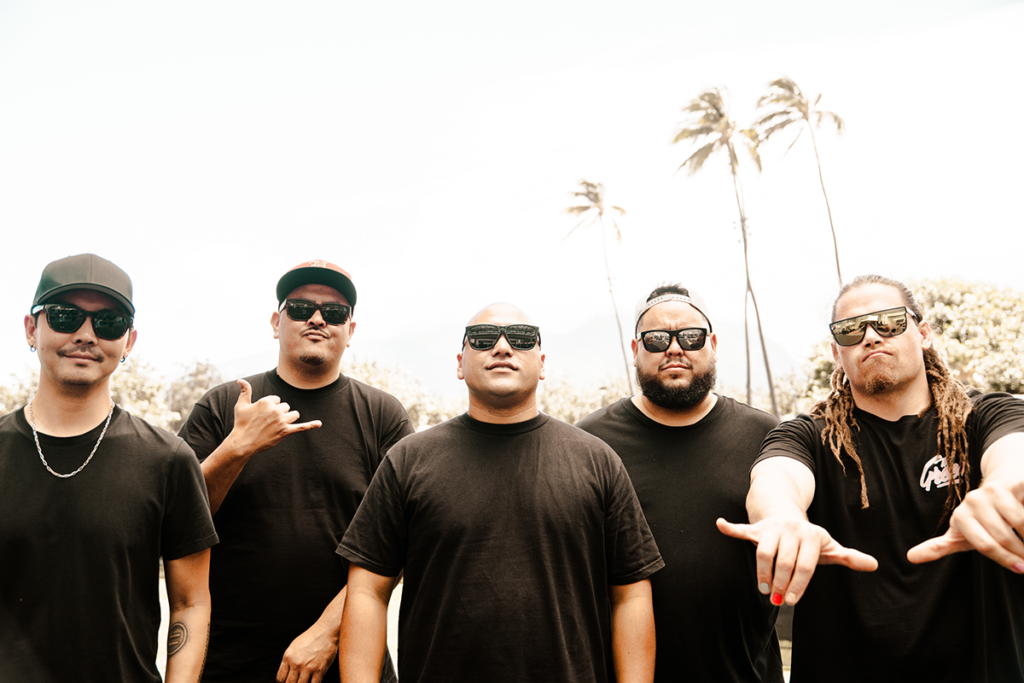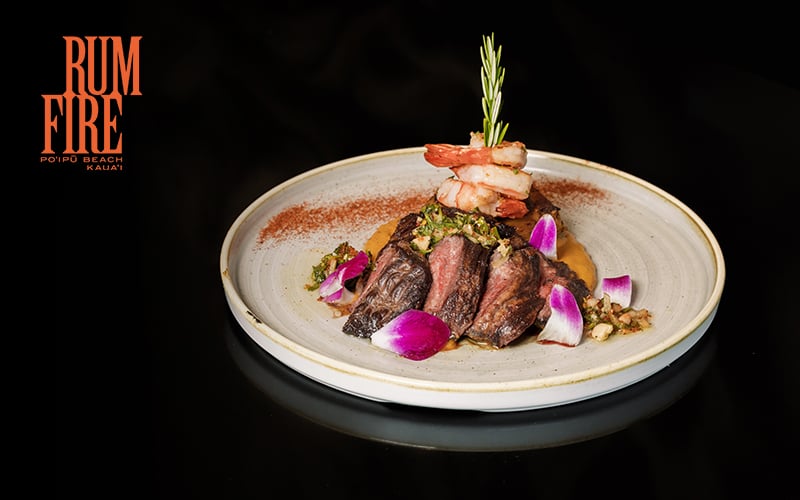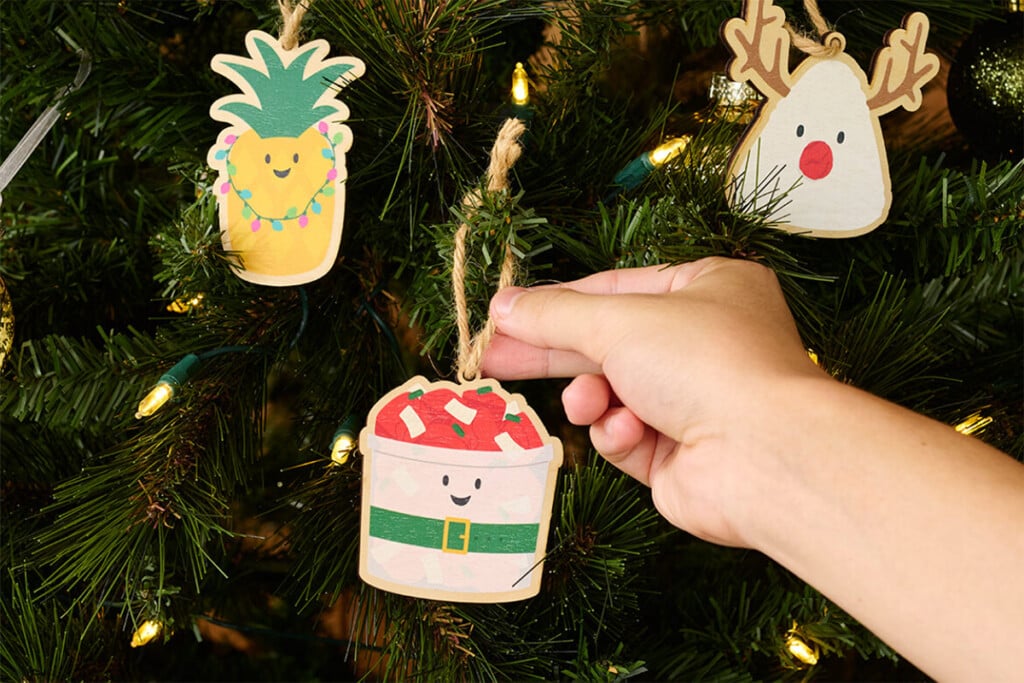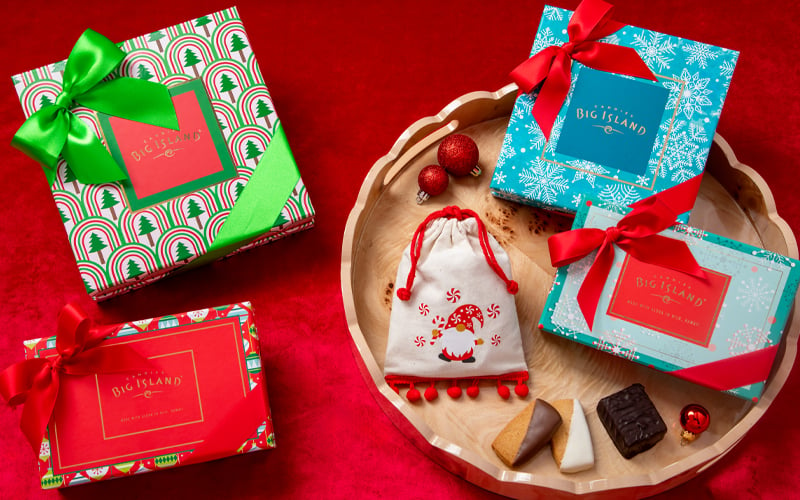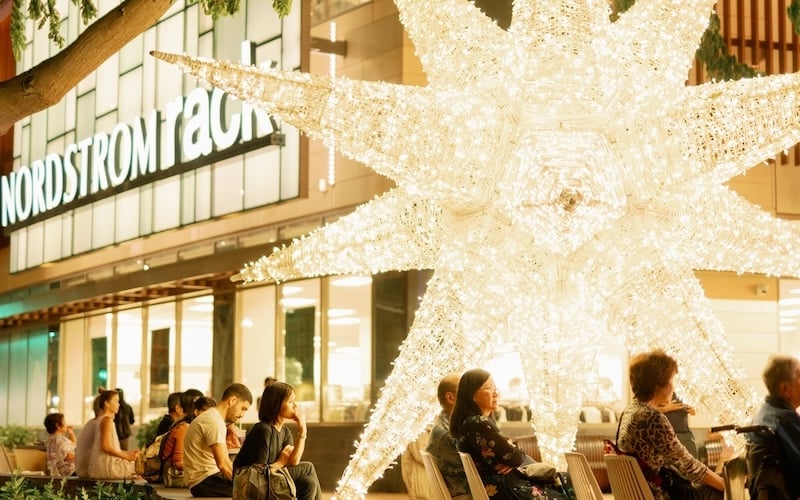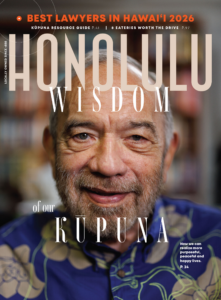Perfectly Wasian
Growing up half white, half Chinese in Hawai‘i, I never thought about race. Now, it’s a major part of my identity.
There’s a relatively new stereotype about wasians: that we can’t shut up about being wasian. I’m happy to say it’s true, at least for me. There’s not a lot you can do to stop me from talking about being half white, half Chinese.
But I wasn’t always like this. Growing up in Hawai‘i, where so many of us are mixed with something, I didn’t put a lot of thought into my split identity. It wasn’t until I left for college in California that I even heard the term “wasian,” slang for white and Asian. At home, I was sometimes called “hapa,” but mostly I was just me. Things are different at my college, where 25% of the students in my class are white, 18% Latino, 17% Asian and 9% mixed.

Image: iStock/Getty Images Plus, Kimura
People love to point out that I’m only half Asian, almost accusing me of it as a way to dismiss me from discussions or to shut down my opinions. Oftentimes, it’s a less direct way to suggest that I’m not a real Asian. Even when my mixed race isn’t directly brought up, people tend to make assumptions about me that imply I’m less in-touch with my Asian culture than someone with two Asian parents might be.
These assumptions aren’t necessarily malicious. A well-meaning friend, also Chinese, once watched me open a box of pineapple cakes my mother had sent me for Lunar New Year. “Those are pineapple cakes,” she explained excitedly, informing me of the cultural significance. Thank you, dear friend, but I don’t need a primer.
It’s odd that people use my mixed race to evaluate the validity of my experiences and ideas—and typically not in a positive way. People with interracial parents have insights into different cultures and experiences, and you’d think having a mixed heritage would be seen as a best-of-both-worlds kind of thing. But that’s not the case.
At least to some, I will only ever have one foot in each world. It doesn’t matter how much I embrace either side; to them, I will always be an underwhelming, diluted version of my full-Asian or full-white peers.
When I first picked up on this in my freshman year, it wasn’t a terrible revelation. I didn’t cry myself to sleep because someone tried to tell me what a pineapple cake was. But I did feel myself floundering. In college, at a time when identity is so important, I didn’t have one—at least, not racially.
But that feeling was relatively short-lived. At the same time people were pushing me away, intentionally or not, others were pulling me in.
Nearly every time I was in the presence of another wasian, one of us would inevitably drop the question: “Are you wasian?” “My brother in Christ!” one girl drunkenly called out at a party after I answered in the affirmative. “Me too!” She threw her arms around me and gave me a big hug. As I started building a network of friends, I found myself unconsciously gravitating toward other wasians (and one honorary wasian: a Chinese friend who was adopted by white parents).
Maybe it’s because we have a convenient built-in conversation starter. Or maybe it’s something else. For the longest time, I struggled to explain the surge of affection I felt toward other wasians.
But I’m starting to realize this affection is a natural byproduct of the pride I feel in my own identity, a pride that emerged as a way to combat the exclusion I was feeling. I couldn’t spend the rest of my life in the stereotypical quandary of being too Asian or too white. Not when I could just recognize myself as being perfectly wasian.
Annabelle Ink was HONOLULU’s editorial intern this past summer. She’s a senior at Pomona College in Southern California.
